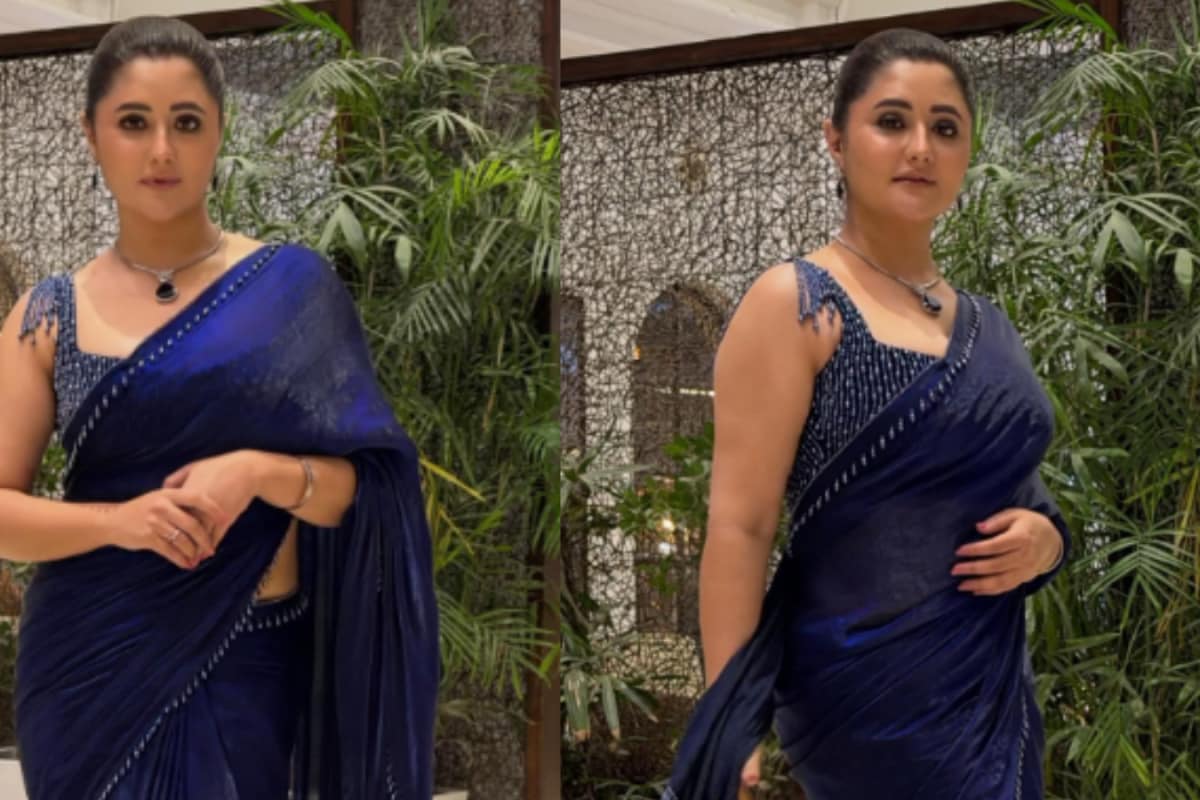When I first cracked open Lili Anolik’s dazzling and provocative “Didion & Babitz,” I was dubious. The opening pages have a breathy, adulatory quality that made me think “fangirl.” And for about 60 pages, as Anolik recalls her first encounter with Eve Babitz’s work — a random quote that sent her down the Google rabbit hole — and reprises what captivated her, I remained skeptical.
Could Anolik add anything meaningful to the oeuvre she’d already produced, including the stunning 2014 Vanity Fair piece in which she outs Babitz as her newfound idol, a secret genius whose obscure literary output deserved a renaissance? Anolik followed that in 2019 with a passionate immersion into Babitz’s life and persona, the book “Hollywood’s Eve,” which celebrates and psychoanalyzes Babitz as a cultural icon who hasn’t gotten her due. I’d been among those who’d flocked to reissues of Babitz’s “Slow Days, Fast Company” and “Sex and Rage,” among the out-of-print titles that were revived following the Vanity Fair article. I was riveted by her semiautobiographical, fictive chronicles of the glamorous and seedy post-’60s Hollywood scene in which she was a key, but unsung, player.

Babitz’s prose stood in stark contrast to that of her friend and contemporary Joan Didion. Didion’s is cool and analytical, like the image she carefully cultivated, turning a skeptic’s gaze on California culture. Babitz’s literary style, on the other hand, reads as uninhibi.
























